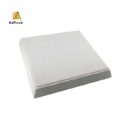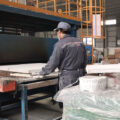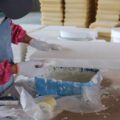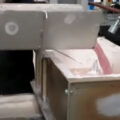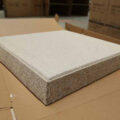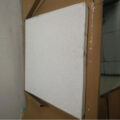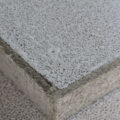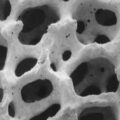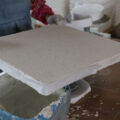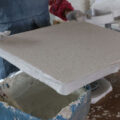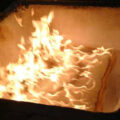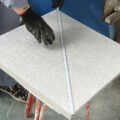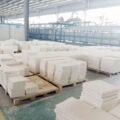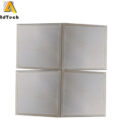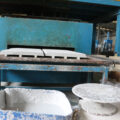The filtration of molten aluminum can prevent the oxide film from entering the surface of the molten metal, but the temperature drop of the molten aluminum filter medium itself can cause blockage caused by the solidification of the molten metal.
A molten aluminum filter medium made of a porous ceramic material and formed into a flat plate shape has been proposed. The ceramic foam filter for casting has a large filtering capacity of molten aluminum, and can effectively treat a large amount of molten metal continuously produced in a smelting furnace.
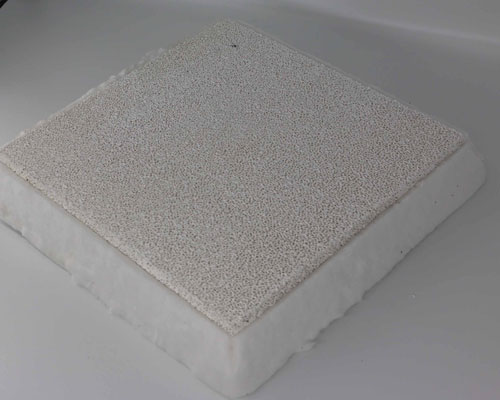
The porous ceramic filter used in molten aluminum manufacturing technology usually includes: preparing an aqueous slurry by impregnating a foam precursor with the slurry, then extruding the excess slurry from the foam precursor, and controlling the drying of the coating precursor, thereby Use an aqueous slurry to coat the foam slurry.
The drying step uses organic binders and colloidal silica to form a hard “green state” product. Then by putting the dried untreated product into a kiln and calcining the filter, it undergoes a calcining process that may include multiple thermal gradients and time periods.
These steps and time periods ensure that multiple key manufacturing steps are met. These measures include vaporizing the foam precursor, activating one or more inorganic binders, and controlled cooling to minimize the thermal shock after peak temperature bonding.
The ceramic foam filter has the characteristics of large filtering area, good thermal shock stability, high chemical stability, good metal corrosion resistance and high filtering efficiency. Therefore, it is used as a new type of high efficiency filter in aluminum melt filtration and purification technology.
The 30ppi 40ppi cast filter is the most commonly used ceramic foam filter in the aluminum casting industry. Ordinary aluminum castings usually use 10-40ppi ceramic filter plates. Aviation and high-quality aluminum materials usually use 30-60ppi ceramic filter plates.

